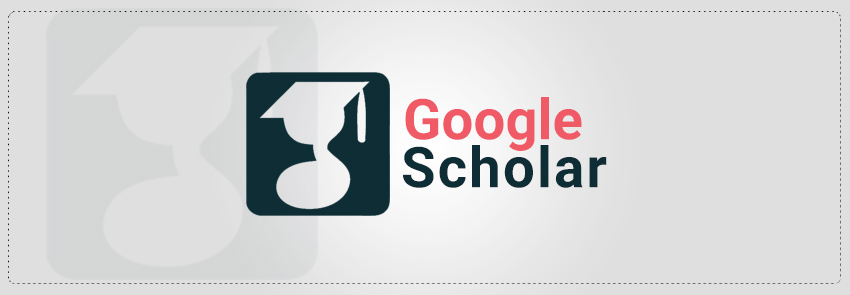The Impact of Foam Tube-Based and Traditional Games on the Social, Cognitive, and Motor Development of Elementary School Children
Keywords:
Elementary school children, motor development, social development, cognitive development, foam tube games, indigenous-local gamesAbstract
Development is a process encompassing all dimensions of human existence, with the primary goal of education being the facilitation of the full development of children's talents. Play and physical activity play a significant role in enhancing children's growth. Indigenous and local games of Iran, deeply rooted in creativity and culture, use minimal resources to maximize sensory-neural stimulation and motor activity, thereby enhancing children's perceptual-motor, cognitive-emotional, and motor skills. This study aimed to compare the effectiveness of indigenous and local games with selected foam tube-based games on the social, cognitive, and motor development of elementary school children. The statistical population of the research included all elementary school students in Raz and Jargalan County. The results of covariance analysis showed that both traditional games and foam tube-based games significantly improved children's motor, social, and cognitive development compared to the control group (P < .05). Additionally, no statistically significant difference was observed between the foam tube-based games and indigenous-local games groups (P > .05). The findings indicate that utilizing either indigenous-local games or foam tube-based games can enhance children's cognitive, motor, and social development, as well as improve their morale, happiness, self-esteem, and overall well-being. This study highlights the importance of these games in educational settings and recommends that educators and teachers incorporate them into their programs. It is also suggested that this approach be used to strengthen children's social, motor, and cognitive growth, thereby fostering a healthier and more optimistic generation and reinforcing the future human capital of the country.
Downloads

Downloads
Additional Files
Published
Submitted
Revised
Accepted
Issue
Section
Categories
License
Copyright (c) 2024 Abdolmajid Azadian (Author); Elahe Arabameri (Corresponding Author); Mehdi Shahbazi (Author)

This work is licensed under a Creative Commons Attribution-NonCommercial 4.0 International License.







